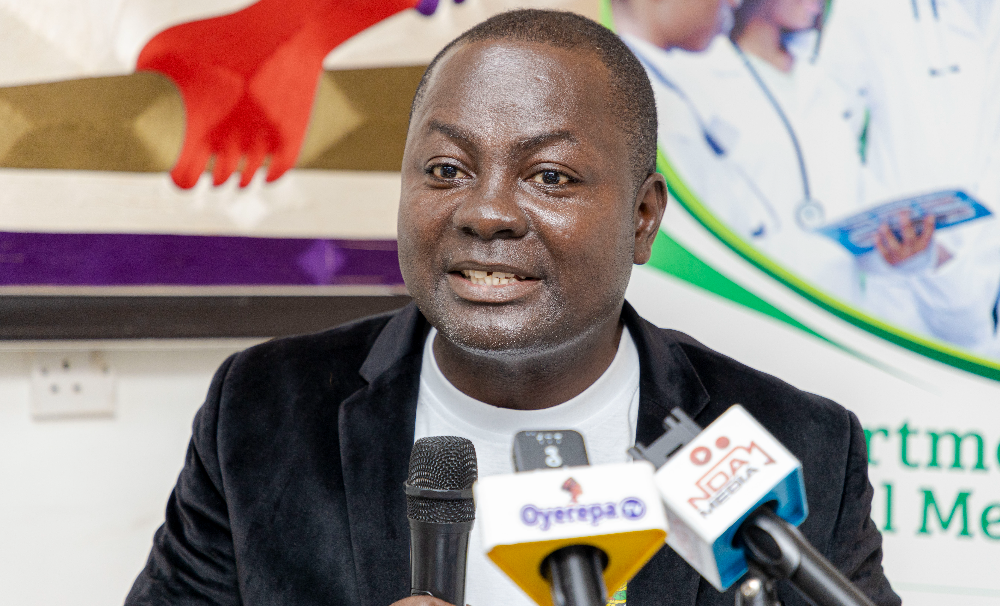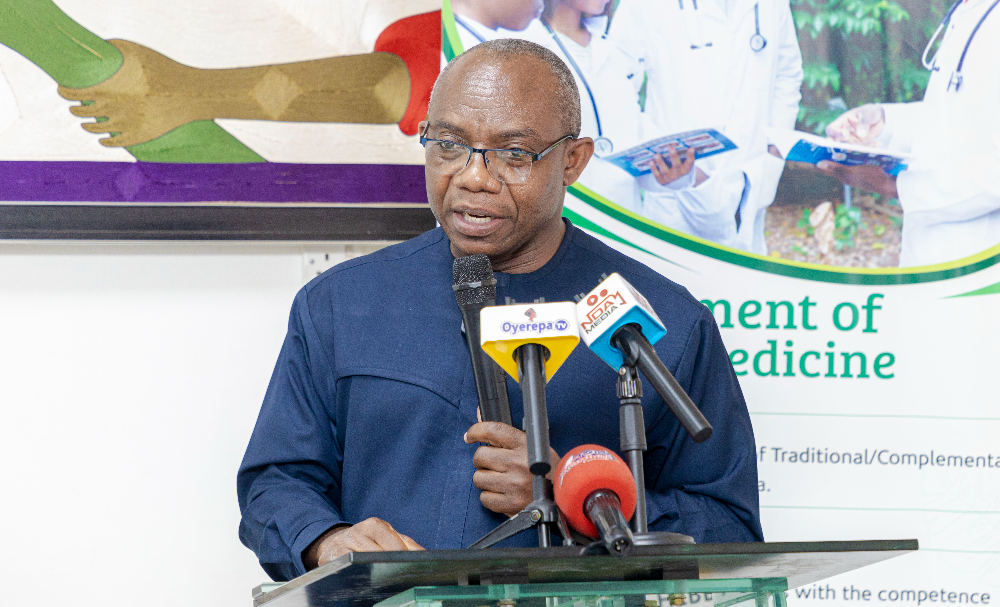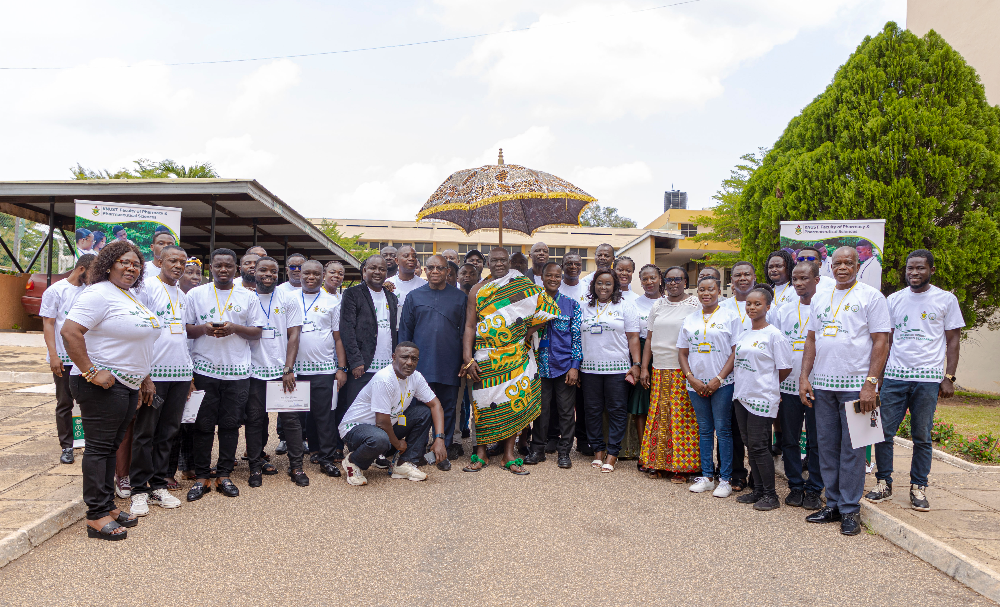Herbal medicine manufacturers who completed a 14-day advanced training in herbal formulation and quality control at the Kwame Nkrumah University of Science and Technology (KNUST) Department of Herbal Medicine have described the experience as transformative for their production processes.
Participants highlighted how the comprehensive training deepened their understanding of critical aspects of herbal medicine production, including quality control, dosage form design, and modern manufacturing techniques.
Dr. Sarkodie Adusa, CEO of Adusa Herbal Clinic, emphasized a key takeaway: "I gained in-depth knowledge about the role of the Quality Control Unit in herbal medicine production. It is a vital component that ensures the safety and efficacy of herbal products before and after production."
Dr. Amuzu, CEO of Amuzu Herbal Centre, shared an innovative insight: "I learned that liquid herbal preparations can be converted into capsule forms, making them more portable and enhancing their effectiveness."
For Dr. Kwahu Darko, CEO of Bethel Herbal Centre, the hands-on sessions were particularly enlightening. "I now understand how to isolate active herbal components and remove unwanted bacteria and microorganisms through distillation. This was a game-changer for me," he said.
The closing ceremony marked the culmination of a strategic initiative by KNUST’s Department of Herbal Medicine to strengthen the technical capacities of local herbal producers.

Professor Kingsley Amponsah, Head of the Department of Herbal Medicine, reiterated the training’s objective: "Weeks ago, we invited herbal manufacturers to expand their expertise in producing high-quality herbal medicines. Today, we celebrate their progress and evaluate the impact of this program."
Participating companies included Ani Annte Ntem Enterprise, Adusa Herbal & Scientific Clinic, Dannie Herbal Centre, Taabea Company Ltd, Amuzu Herbal Clinic, Bethel Herbal Clinic, Health Alert, Medimafo Herbal Hospital, Patrick Natural Health, Power Specialist Herbal Hospital, and Solak Biochemist Ltd.
Professor Samuel Asare-Nkansah, Dean of the Faculty of Pharmacy and Pharmaceutical Sciences, emphasized the university’s broader commitment: "A university’s relevance is incomplete if its knowledge isn’t applied to national development. We are dedicated to advancing herbal medicine in Ghana through initiatives like this."
He urged manufacturers to uphold scientific principles and maintain rigorous documentation to dispel misconceptions about herbal medicine.

Professor Christian Agyare, Provost of the College of Health Sciences, added: "The workshop’s impact is evident in the testimonials shared. These manufacturers are now better equipped to produce modern, portable, and accessible herbal medicines effectively serving as ambassadors of the university’s vision."

















